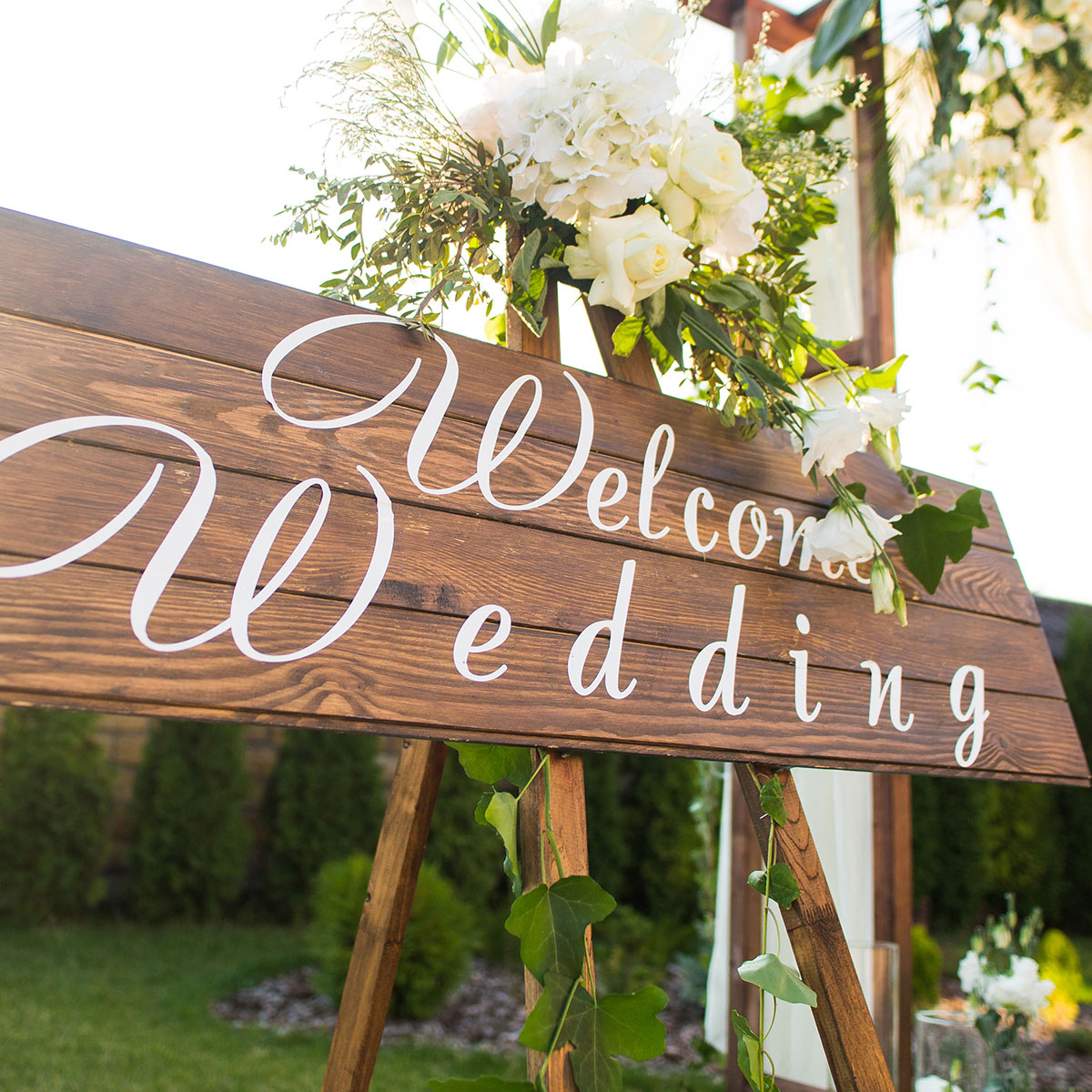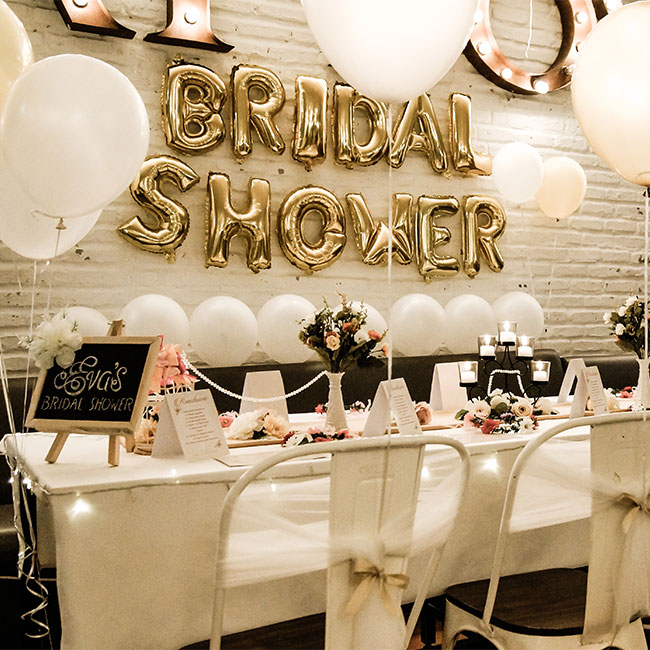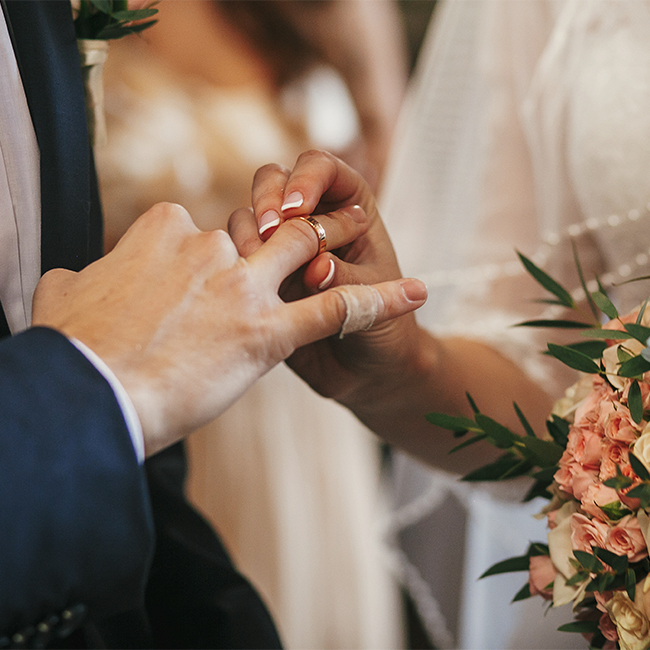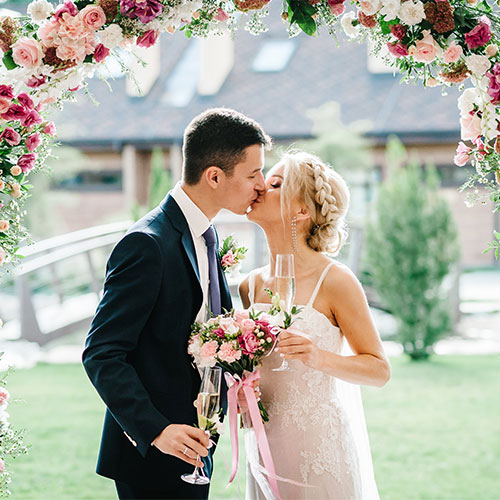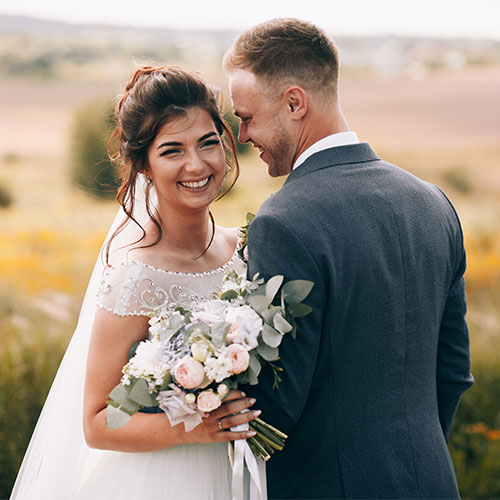This is an archived article and the information in the story may be outdated. Please check the time stamp on the story to see when it was updated last.

Some couples want to declare their love for one another without getting legally married–hence, the commitment ceremony. And while it might not be legally-binding that doesn’t make it any less special. Be sure your ceremony goes off perfectly by avoiding these six mistakes.
1. Skipping the planning. While it might not be a traditional wedding, that doesn’t mean the occasion shouldn’t be treated as memorable. Take the time to plan the ceremony out to reflect your personalities as individuals and a couple. You can include special readings, music and vows–whatever you want to use to express your love for one another.
2. Forgetting to explain what the ceremony is. Why aren’t you getting married? Why isn’t this a religious ceremony? What is a commitment ceremony? “These are all questions that may cross the minds of your friends and families as they wonder what it is exactly they are attending and why, so take the time to explain it to them,” says Sandy Hammer, co-founder and CMO of AllSeated.
3. Not being realistic about budget. Just because the commitment ceremony doesn’t have the word “wedding attached to it, does not mean that budget is a big consideration, says Hammer. “The elements of both events are typically very similar, so prior to planning, the couple needs to agree on not only the elements they’d like at the ceremony, but also map out a budget and stick to it.”
4. Avoiding the “who pays for what” talk. For weddings, the financial resources are typically shared among families. That’s not always the case for commitment ceremonies, says Greg Jenkins of Bravo Productions. “Because these ceremonies are not legally binding by most states, couples who expect their parents to chip in might find themselves disappointed. The idea of parents paying for a ceremony and reception, whereas the couple has nothing really binding is a ‘hard pill to swallow’ for some parents.”
5. Not taking the commitment seriously. Since a commitment ceremony is not a wedding and not legally binding, some parties do not take their commitment as seriously, which isn’t fair to their partner or the guests coming to the ceremony, says Hammer.
6. Lacking an event vision. The planning and structure of the actual ceremony is sometimes a source of confusion as well, says Hammer. Couples aren’t sure how they should structure the ceremony: Should there be a processional? Who should officiate it? Should there be a party to follow the ceremony? Is this becoming too much like a wedding? “Quite often, commitment ceremonies end up following the same format as a traditional wedding ceremony (with a celebration to follow the ceremony), so if that is not what the couple wants, it is something they need to really think about prior to beginning their commitment ceremony planning.”
For more planning tips, check out 28 songs that will get guests dancing and 11 items every newlywed couple should have in their home.








